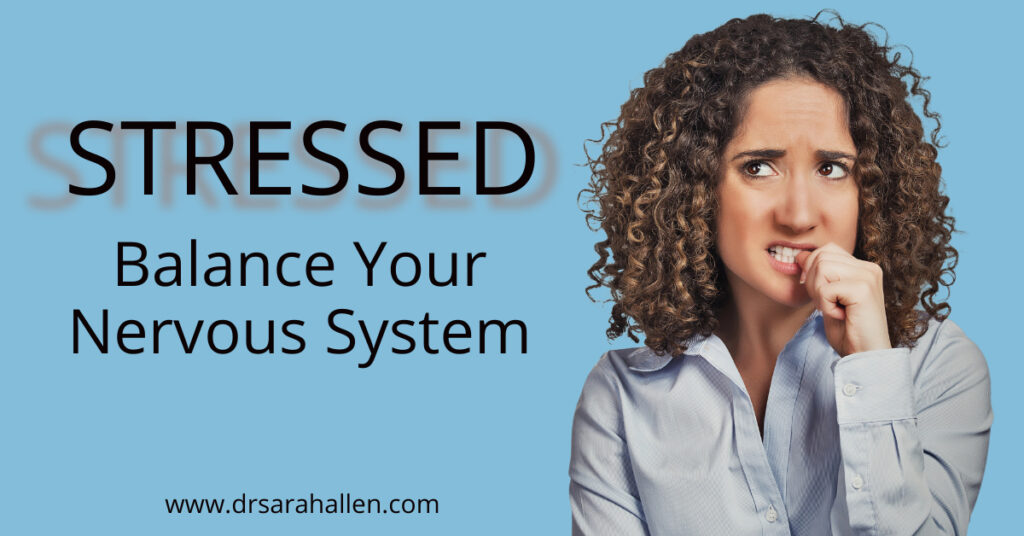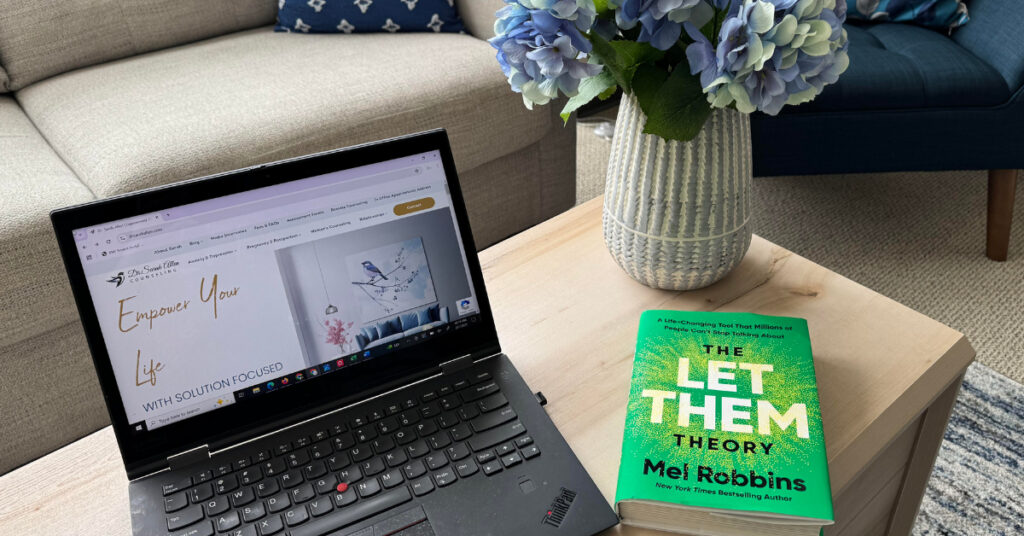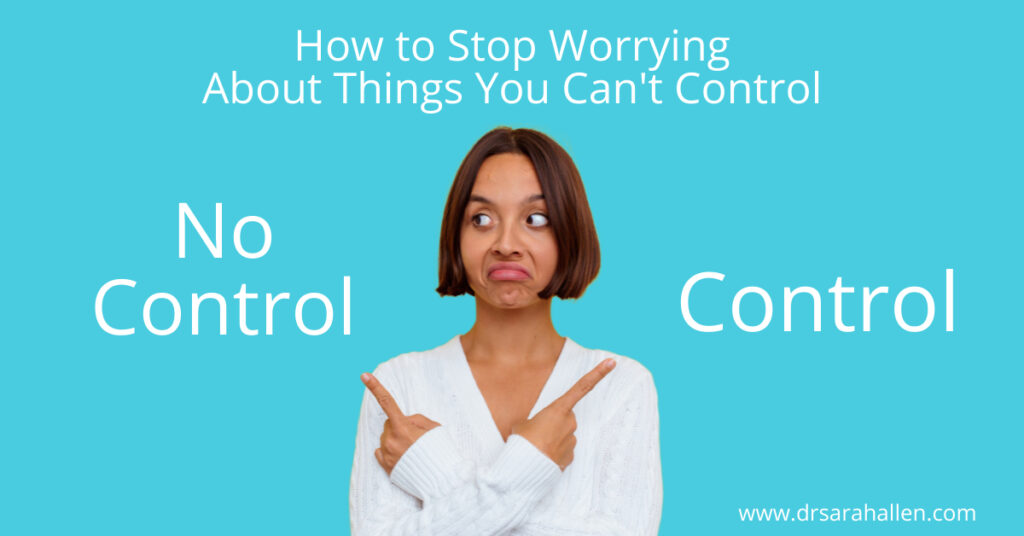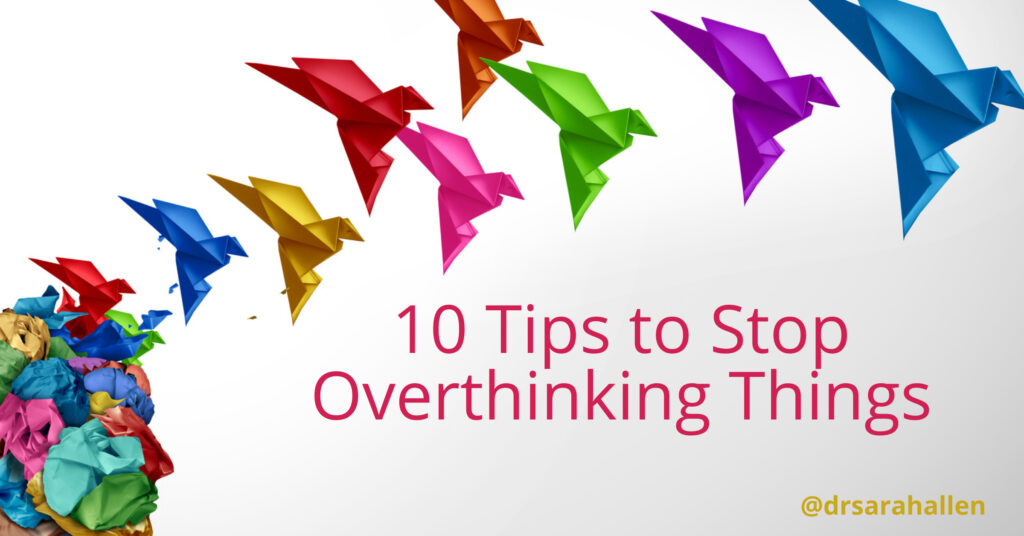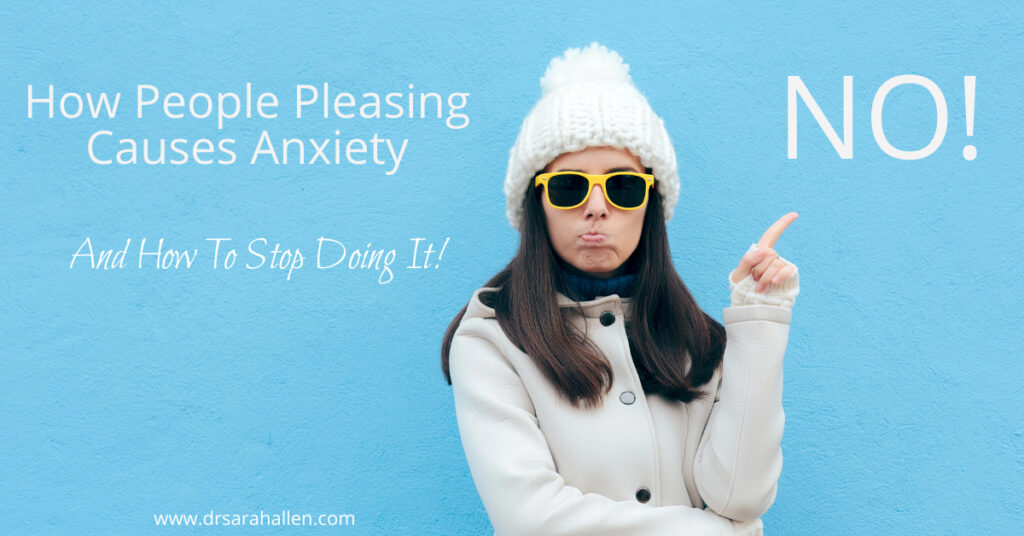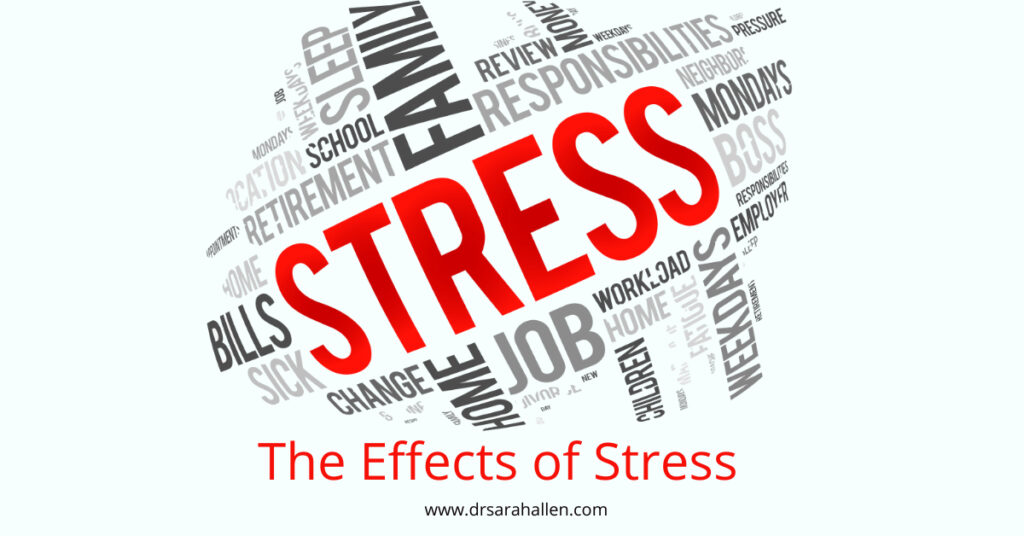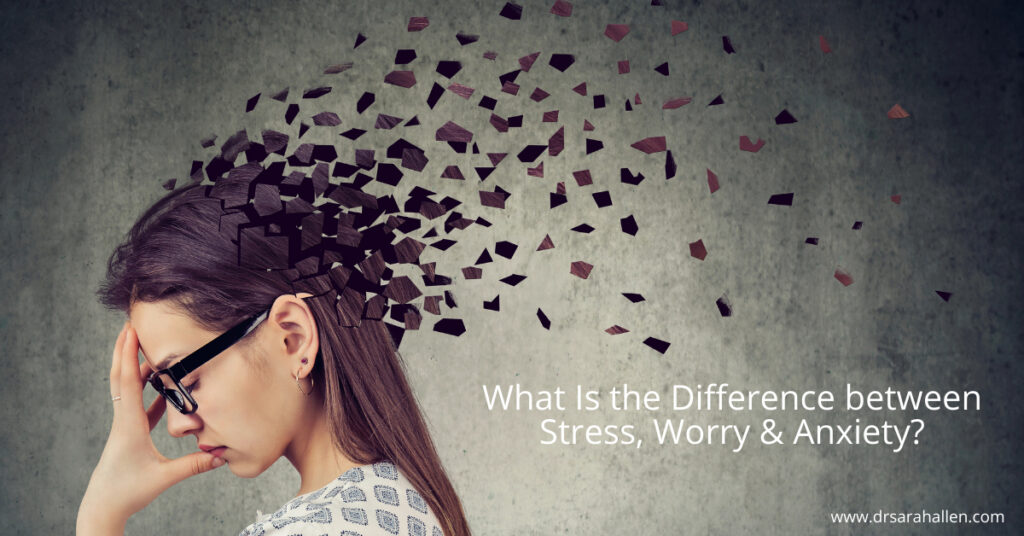
Stress, worry, and anxiety are words we hear often and interchangeably, but they’re not the same thing. Understanding the differences can help you manage them better. Stress is a response to an external cause, like a tight deadline at work or an argument with a friend. It usually goes away once the situation resolves. Worry involves thoughts about potential problems, often centered around things that might happen in the future. Anxiety is a mix of both stress and worry, leading to more intense and persistent feelings.
These different mental states can all affect your health and well-being. Chronic stress can lead to physical issues such as headaches, high blood pressure, and trouble sleeping. Constant worry can make it hard to focus and impact your daily life. Anxiety can be overwhelming and might interfere with your ability to function normally. The good thing is though that knowing how to differentiate between them and finding ways to cope, can improve your overall health.
Understanding Stress, Worry, and Anxiety
Stress, worry, and anxiety are different but related states of mind. Stress is usually a response to an external trigger, feeling overwhelmed with too many things at once, or what our brain perceives as a threat, such as a tight deadline, or an argument with a friend. Stress has a physical response and it increases our heart rate, makes us sweat, our thoughts race so we can’t think straight, our muscles tense, gives us butterflies in our stomach and can even cause diarrhea or vomiting in extremes. It often goes away once the situation changes and the “perceived threat” has gone.
Worry tends to focus on a specific situation or event and you keep thinking about all the potential problems that could occur. These thoughts usually focus on issues that we fear might arise in the future or about things that happened in the past. We definitely can’t control what has already occurred, and I know that most things that we worry about either don’t happen, or if they do, we manage them more effectively than we thought we would.
Whereas worry involves thoughts about a potential negative outcome or future events, anxiety tends to be characterized by intense, persistent fears or apprehension that are without a specific trigger. Anxiety can occur without a clear cause. Anxiety causes irrational, vague thoughts and a pervasive feeling that something bad is going to happen. This can result in intense and long-lasting feelings and can be debilitating.
While stress can sometimes be helpful by motivating you, excessive stress can wear you down. Active worrying can prepare you for future challenges, but too much worry can make it hard to enjoy the present. Anxiety can be debilitating as it feels that there isn’t a way to problem solve as the problem is hard to identify. Understanding these differences can help you address each one more effectively.
How Stress Affects Us and 5 Ways to Reduce It

Stress affects both the body and mind. It can cause headaches, muscle tension, and trouble sleeping. Long-term stress can also lead to more serious health problems like high blood pressure and heart disease. Emotionally, stress can make you feel overwhelmed, irritable, and anxious.
5 Ways to Reduce Stress:
1. Exercise Regularly: Physical activity helps release tension and improves your mood. Activities like walking, jogging, or yoga can be very effective.
2. Connect with Loved Ones: Talking to friends or family can provide emotional support. Sharing your feelings can often make stress feel more manageable.
3. Take Breaks: Short breaks during your workday can help alleviate stress. Step away from your desk, take a walk, or do something enjoyable. This allows your brain to take a break and reset so when you get back to a task it seems more manageable.
4. Get More Sleep: According to the National Sleep Foundation (NSF) the “walking tired” anger more easily, have problematic relationships and are less likely than those who sleep well to exercise, eat healthfully, have sex and engage in fun leisure activities; all because they are too tired.
To read more about how to improve your sleep Sleep – Why It’s Important & How To Get It!
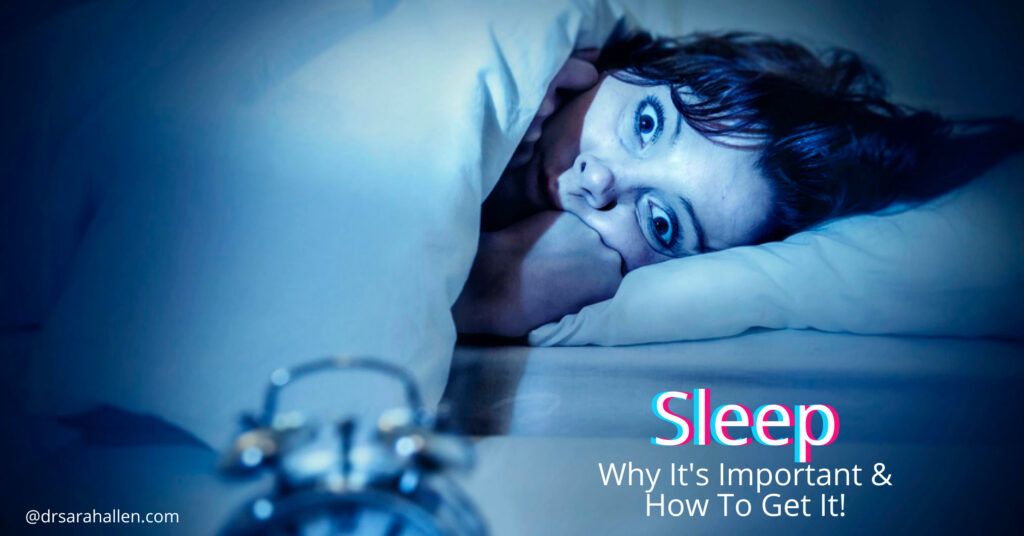
5. Practice Gratitude: Take a moment each day to reflect on positive things in your life. Writing down what you are grateful for can shift your focus from stress to positivity.
To find out more on how gratitude can reduce stress read Gratitude: A Simple Way To Increase Happiness

By incorporating these strategies, you can reduce your stress levels and improve your well-being. Taking proactive steps to manage stress helps you maintain a healthy balance in life.
To learn more about Stress Management read:
How Worry Affects Us and 5 Ways to Reduce It
Worry revolves around thinking about potential problems. It can help prepare for future events, but excessive worry can be paralyzing. Worry can lead to mental fatigue, making it hard to focus on anything else. It can disrupt sleep, causing you to feel tired and stressed the next day.
When worry becomes constant, it can affect your mood and overall happiness. You might find it hard to enjoy the present moment or make decisions. Too much worry can even lead to physical symptoms like stomachaches, headaches, and muscle tension.
5 Ways to Reduce Worry:
1. Ask yourself whether you are ruminating: which means you are constantly thinking about the same thing again and again and not actually taking any action. Rumination is a type of repetitive thinking that involves dwelling on negative emotions, situations, or experiences and going over the same thing again and again. These thoughts often encompass worrying about past mistakes, perceived failures, or concerns about the future but in an unproductive way because you are not taking any action.
To read more about rumination How to Stop Ruminating: Proven Strategies and Techniques.
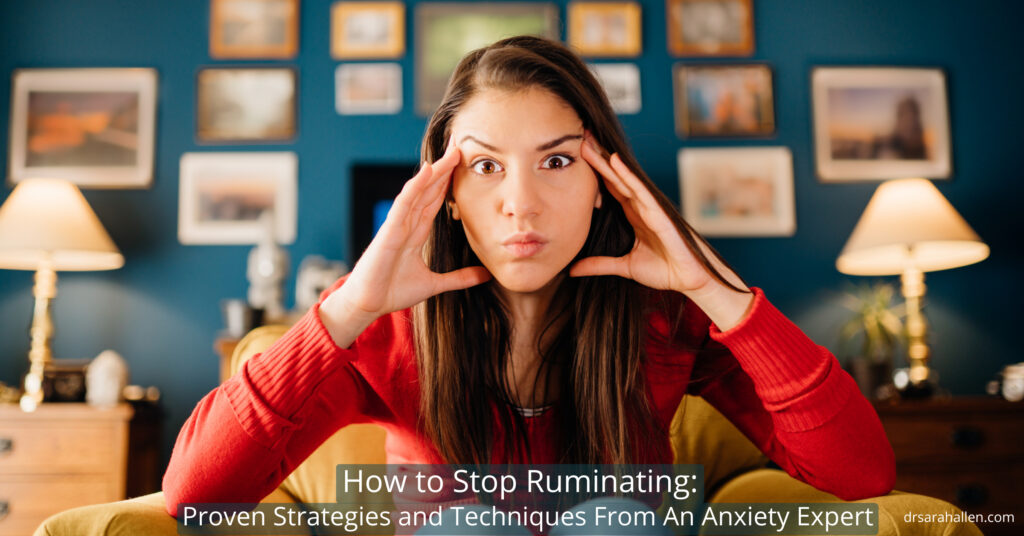
2. Write It Down: Journaling your worries can help you process them. Sometimes seeing your worries on paper can make them feel more manageable. Journaling works well if you schedule your worry time and set aside a specific time each day to think about your worries. Limiting worry to a set time can help keep it from taking over your day.
To read more about worry journals Discover How a Worry Journal Can Help Reduce Your Anxiety
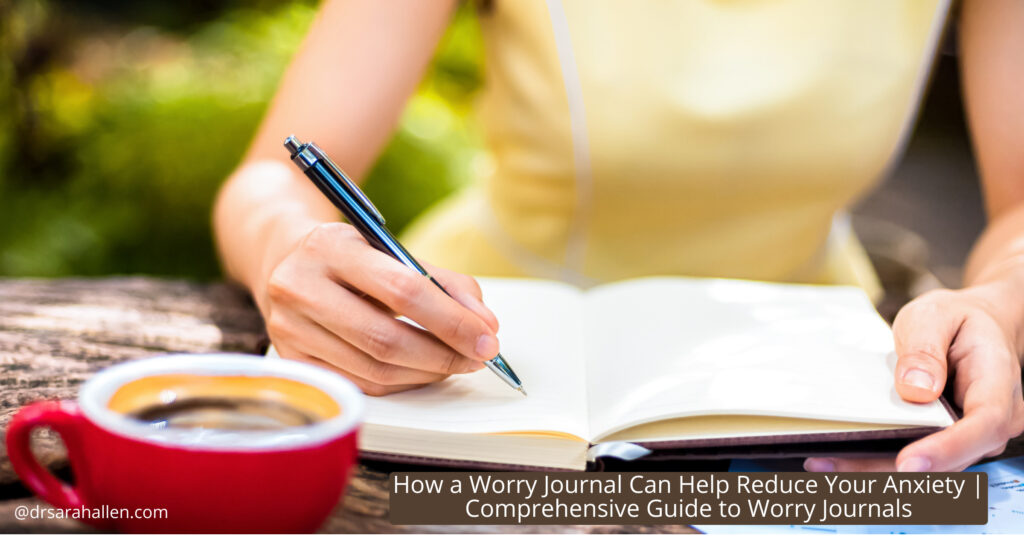
3. Focus on What You Can Control: Instead of worrying about things you can’t change, focus on what you can do. Taking action on things within your control can reduce worry.
To learn the difference between Active (Useful) Worrying & Useless Worrying read 3 Proven Tips To Reduce Worry

4. Practice Mindfulness: Mindfulness exercises can help you stay in the present moment. Breathing exercises or meditation can keep your mind from wandering to stressful thoughts.
5. Stay in the present moment: Think about what is actually happening rather than what might happen. Worry mostly concerns thoughts about what might happen in the future and is also called Anticipatory Anxiety.
To read more about anticipatory anxiety Coping With Anticipatory Anxiety.

By practicing these strategies, you can manage worry better and reduce its impact on your life. Small steps can make a big difference in how you handle daily concerns.
How Anxiety Affects Us and 5 Ways to Reduce It
Anxiety is a combination of stress and worry that can make everyday tasks feel difficult. It can lead to intense, long-lasting feelings that disrupt your life. Anxiety can cause rapid heartbeat, sweating, and difficulty breathing. It’s common to feel restless and on edge.
Anxiety can affect your thoughts, making them spiral into worst-case scenarios. It can interfere with your ability to concentrate and make decisions. Chronic anxiety can impact relationships and work performance. Understanding and addressing anxiety can help you regain control over your life.
5 Ways to Reduce Anxiety:
1. Grounding Techniques: When your mind is racing mind, grounding brings you back to the here-and-now and is very helpful in managing overwhelming feelings. It is a great way to calm down racing thoughts so you can think straight.
To read more about effective Grounding Techniques 7 Simple Grounding Techniques For Calming Down Quickly.
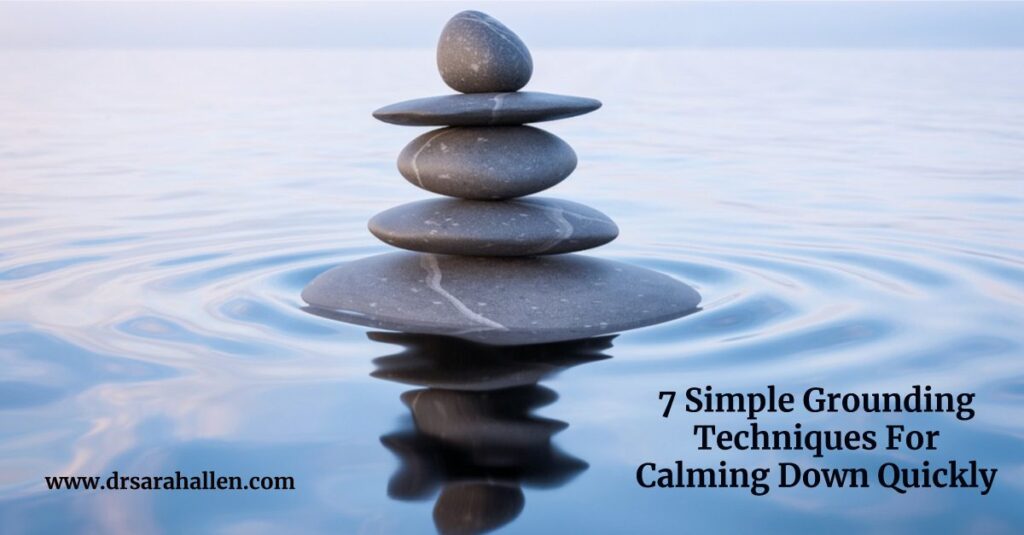
2.Cognitive Restructuring: Once we have called down the adrenaline we can think straight and try to think about things in a way that reduces anxiety. Cognitive restructuring is a anxiety management technique used in a very effective type of therapy called Cognitive Behavioral Therapy (CBT) and involves identifying and challenging negative thought patterns that contribute to anxiety. For example, if you often think, “I can’t handle this,” CBT helps you to reframe it to something more positive like, “I can manage this step by step.”
To read more about Cognitive Therapy What Is CBT? A Simple Guide to Understanding Cognitive Behavioral Therapy.

3. Limit Caffeine and Sugar: Both can increase anxiety symptoms. Try to reduce your intake of caffeinated drinks and sugary snacks.
4. Practice Relaxation Techniques: Techniques like deep breathing, progressive muscle relaxation, and visualization can help calm your mind and body. Adrenaline is released when we start to feel anxious and our thoughts start to race and we can’t think straight. Deep breathing calms the adrenaline and you can then begin to think rationally about how to deal with the situation.
To learn why deep breathing works and 10 effective breathing techniques Take a Deep Breath: How Deep Breathing Helps Combat Anxiety.

5. Seek Professional Help: If anxiety feels overwhelming, speaking with a professional can be beneficial. Therapy can provide tools and strategies to manage anxiety.
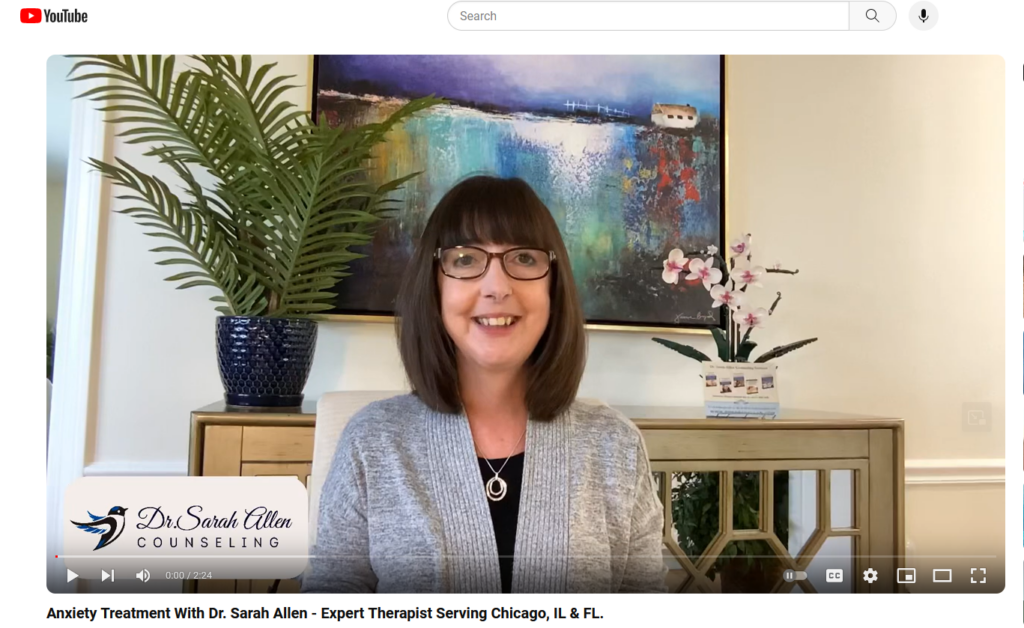
To read more about therapy for Stress, Worry & Anxiety visit my Anxiety Treatment Page and about half way down that page you can watch a YouTube video where I discuss how I treat anxiety.
By incorporating the strategies I have discussed above, you can help manage anxiety and improve your overall quality of life. Each small change can bring you one step closer to feeling more relaxed and in control.
I hope my article has given you a better understanding about the differences between stress, worry, and anxiety as knowing the difference helps you to identify what you are feeling and how to manage your symptoms. Each has unique effects on your mind and body, but you can take steps to reduce their impact. By using the coping techniques I have mentioned and learning ways to manage stress, worry, and anxiety, you can improve your mental and physical health.
Simple actions like exercising, practicing mindfulness, and talking to someone can make a significant difference. Reducing caffeine and keeping a routine can also help. Remember, taking care of your mental health is just as important as taking care of your physical health.
Sometimes you may be feeling elements of all three and even if you can recognize that you’re feeling stress, worry, or anxiety, it is hard to make changes without support. Please don’t hesitate to seek help if you feel overwhelmed and don’t know where to start. I offer therapy that gets to the root of the issue and gives you individualized strategies to feel more in control. I offer Anxiety Counseling in person in Northbrook and virtually in Chicago, IL, and FL as well as in the UK.

If you have any questions, or would like to set up an appointment to work with me and learn how to reduce anxiety, please contact me at 847 791-7722 or on the form below.
If you would like to read more about me and my areas of specialty, please visit Dr. Sarah Allen Bio.
Dr. Allen’s professional license only allows her to work with clients who live in IL & FL & the UK and unfortunately does not allow her to give personalized advice via email to people who are not her clients.
Dr. Allen sees clients in person in her Northbrook, IL office or remotely via video or phone.

What Can I Read That Helps Me While I Am Waiting For My First Appointment With Sarah?
Download this free booklet to gain valuable insights and practical strategies for managing anxiety and worrying.








